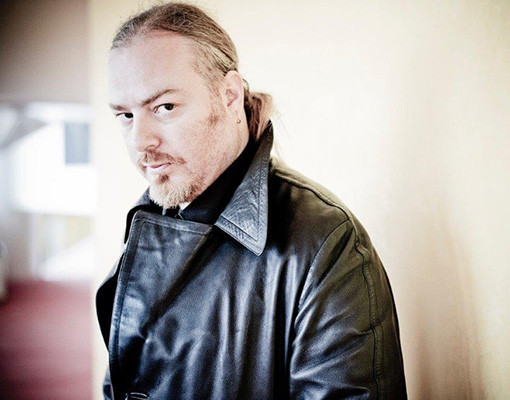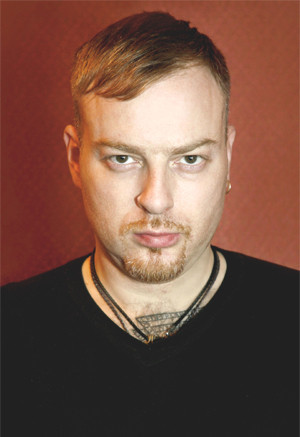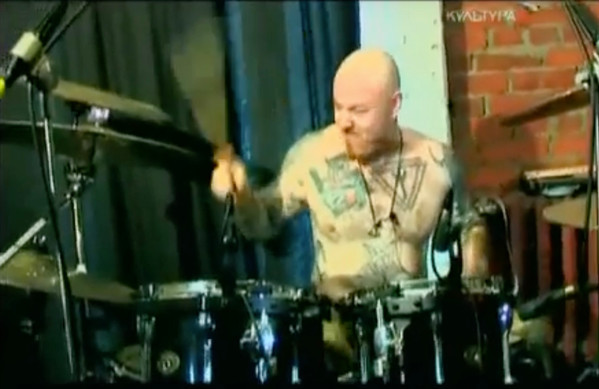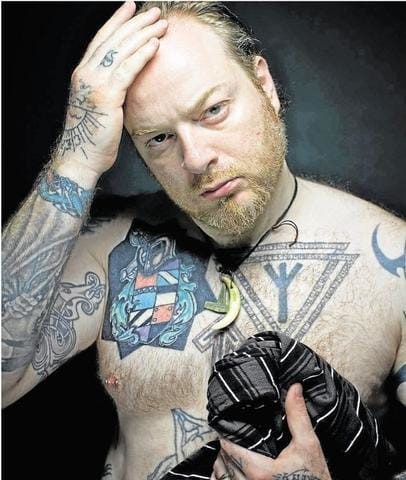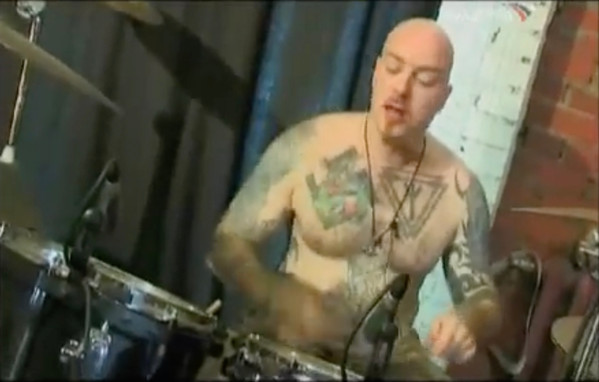Evgeny Nikitin
Настоящее имя: Evgeny Nikitin
Об исполнителе:
Russian opera bass-baritone singer (b. 30 September 1973, Murmansk, USSR). Evgeny Nikitin, or Евгений Никитин in Cyrillic, has been Mariinsky Theatre's soloist since 1996 and regularly performs at The Metropolitan Opera, Bayerische Staatsoper (debuted in 2008) and Vienna Opera (since 2015–16). He sings various roles in Italian, Russian and German, particularly praised for Richard Wagner's repertoire. Before his operatic career, Eugene Nikitin was an extreme metal performer and multi-instrumentalist who played in various local bands. Nikitin also creates digital MS Paint primitivist art, posted on his Instagram. Yevgeny Nikitin grew up in the far-north city of Murmansk and studied with Bulat Minzhilkiev at St. Petersburg Conservatory, graduating in 1997. He won the 2nd prize at XI International Tchaikovsky Competition in 1998. Nikitin debuted at The Metropolitan Opera in 2002, singing one of the leading roles in Sergei Prokofiev's War and Peace. In 2012, Evgeniy Nikitin was scheduled to open the Bayreuth Festival, one of the world's most prestigious opera events, in Wagner's Flying Dutchman. Days before the premiere, which would mark Nikitin as the first Russian singer to open Bayreuth, his role was canceled, with Samuel Youn standing in, after ZDF and other German media publicized Nikitin's old photos with controversial torso tattoos. In the screen captures from the 2006–07 interview on the Russian TV channel Cultura, Yevgeniy posed shirtless, with an Algiz rune (ᛉ, known as Lebensrune, or "life rune" and adopted by Nazis in the World War II era, and subsequently by neo-Nazi organizations) on his chest. Next to it, there's what appears as a partially covered swastika. Nikitin released an official press statement through Mariinsky, claiming he never belonged to any political groups, neither left nor right, and despises national socialism ideology. Eugene acknowledged having Scandinavian runes, explained by his youth association with heavy rock. He reinforced that the second image wasn't a swastika but an incomplete eight-angled star (intended as a background for his custom heraldic image). Nikitin vehemently denied ever placing a swastika on his body.

